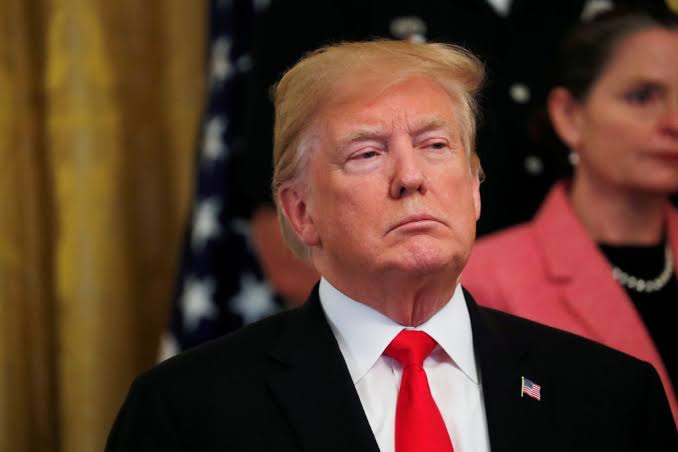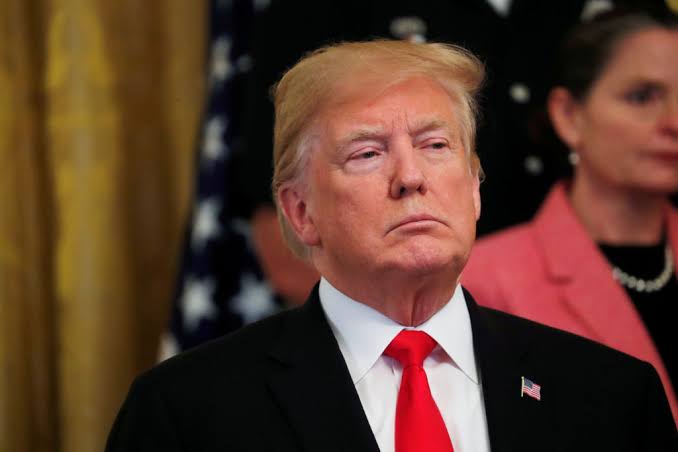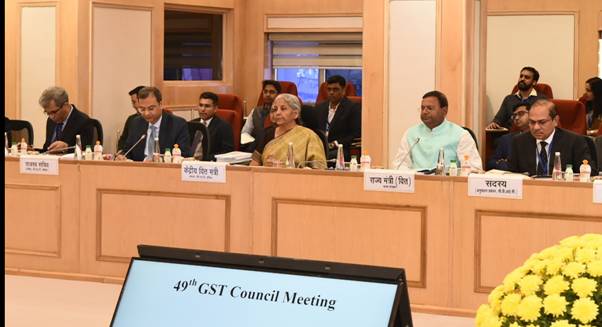Washington D.C., January 22, 2025: US President Donald Trump has sparked widespread controversy with an executive order aimed at ending birthright citizenship, a constitutional right that has existed since 1868. This move has prompted swift legal action from 22 Democratic-led states, civil rights organizations, and immigrant rights groups, who argue that the order violates the US Constitution.
 What Is Birthright Citizenship?
What Is Birthright Citizenship?
Birthright citizenship, rooted in the 14th Amendment of the US Constitution, guarantees automatic citizenship to anyone born on American soil, regardless of their parents’ immigration status. This principle was established in the aftermath of the Civil War to overturn the infamous Dred Scott v. Sandford decision, which denied citizenship to African Americans. The US Supreme Court reaffirmed this right in the 1898 case United States v. Wong Kim Ark, ensuring citizenship for children born to immigrant parents in the United States.
Trump’s Executive Order
The order declares that children born in the US are not entitled to citizenship if their mother was in the country unlawfully or temporarily, and their father was neither a citizen nor a lawful permanent resident. Trump has criticized what he calls “birth tourism,” where foreign nationals allegedly come to the US to give birth, granting their children citizenship.
If enforced, this policy could deny citizenship to over 150,000 children born annually to undocumented immigrants, according to the Massachusetts Attorney General’s office. Critics argue this would strip individuals of access to federal benefits, lawful employment, and voting rights.
Legal Challenges
The executive order has triggered multiple lawsuits. Civil rights groups and Democratic-led states have filed cases in Boston, Seattle, and Maryland, claiming the order oversteps presidential authority and contravenes the 14th Amendment. Massachusetts Attorney General Andrea Joy Campbell emphasized, “President Trump does not have the authority to take away constitutional rights.”
The lawsuits cite the Wong Kim Ark ruling and assert that altering birthright citizenship would require a constitutional amendment—a process involving approval by two-thirds of Congress and three-fourths of the states, a feat considered politically unattainable.
Legal Experts Weigh In
Constitutional scholars argue that the executive order will likely face significant hurdles in court. Saikrishna Prakash, a professor at the University of Virginia Law School, stated, “This is not something Trump can decide on his own. It will ultimately be resolved by the courts.”
The cases are expected to progress to the US Supreme Court, setting the stage for a landmark legal battle. In the meantime, federal courts in Boston and Seattle are deliberating on temporary restraining orders to block the order’s enforcement.
Implications
The Trump administration’s decision has reignited debates over immigration policies, constitutional rights, and the role of executive power. While the outcome remains uncertain, the controversy underscores the deep divisions in American society over issues of citizenship and immigration.
This legal showdown is likely to shape the trajectory of Trump’s presidency and set a precedent for future debates on constitutional interpretation.




